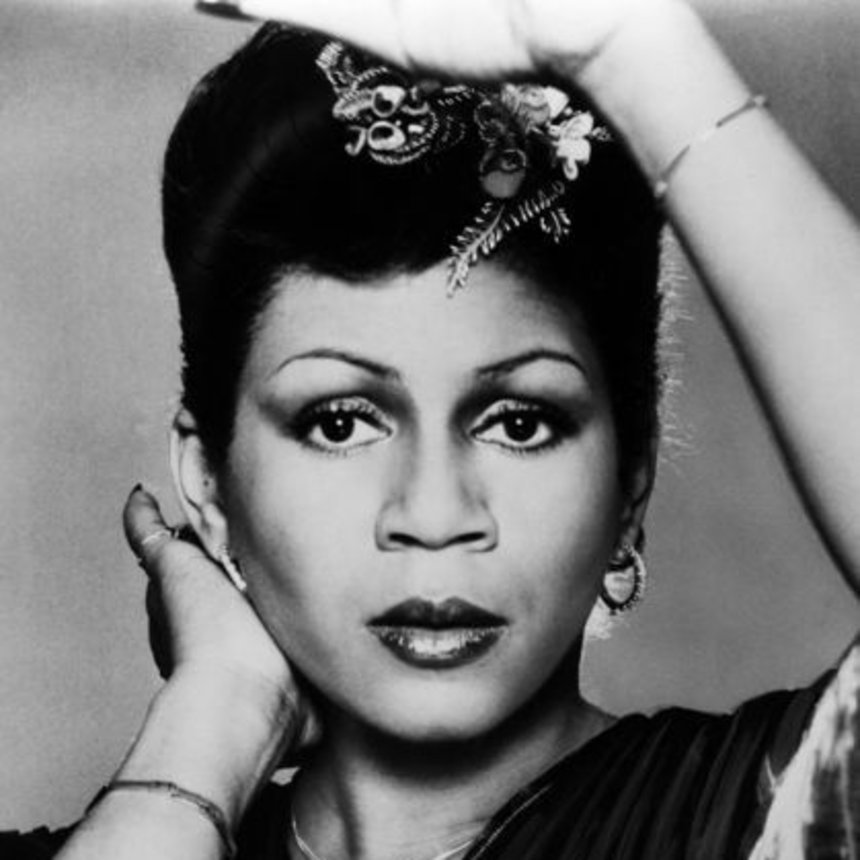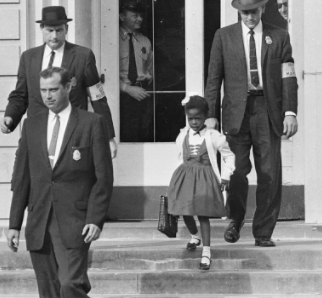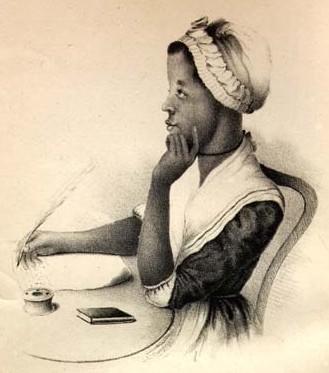The Impact of Minnie Riperton
U.S. singer Minnie Ripperton is seen here in this un-dated photo. Ripperton was especially famous for her five-octave vocal range. (AP Photo)
Minnie Riperton–a Black woman with a breathtaking four-octave vocal range–took the stage, and the world, by storm with her hit, “Lovin’ You”. Released in 1974, the song delivers light, powerful vocals to listeners. Two of Riperton’s most successful albums are Perfect Angel and Come to My Garden. Within these albums, the legend brings a sense of soul to rock, something the predominantly white music industry of her time could never dream of. In a scene filled with electric guitars, overwhelmingly loud drums, and near-screaming vocals, Minnie Riperton brought her own touch of softness, all the while keeping rock’s energy alive in her tracks.
While “Lovin’ You” may be her top hit, the musician had a collection of successful tunes: “Les Fleurs”, “Baby, This Love I Have”, “Can You Feel What I’m Saying?”, and “Here We Go”, to name a few. Riperton was no stranger to her incredible range, utilizing it to its fullest extent throughout each of her albums. Her range inspired some of today’s biggest stars, Mariah Carey being one of said individuals; her voice did more than just inspire, however, as she is known throughout the world as the “queen of the whistle register”.
For Black women–young and old–Riperton was a spotlight figure of Black excellence and talent, making her an inspiration for many. Her career began when she was a teenager, recording at Chess Records, and continued to fill the world with her songs until her passing. Given that she was so young from both the beginning and end of her career, young Black girls had an idol outside of their family members, one that had more than proved her talent to the world.
Unfortunately, Riperton was diagnosed with breast cancer in 1976 and underwent a mastectomy in an attempt to rid of the vicious disease. The icon did not let this stop her, she barely allowed it to do so much as slow her down. By 1977, the musician continued sharing her striking vocal talents on tour. She was not afraid to tell her fans of her diagnosis, but chose to leave out a key detail: upon Riperton’s diagnosis, she was given six months to live. Her legendary performances carried on until shortly before her death in 1979–at the young age of 31–despite her being unable to freely move her right arm.
Her legacy carries on in her music, with thousands of listeners worldwide, and funds in honor of her. The Concern Foundation accepts donations in regard for her, under the name “The Minnie Riperton Legacy Fund”. Minnie Riperton can be described in many words, but she was undeniably a successful Black musician, in both the 1970s and today.





